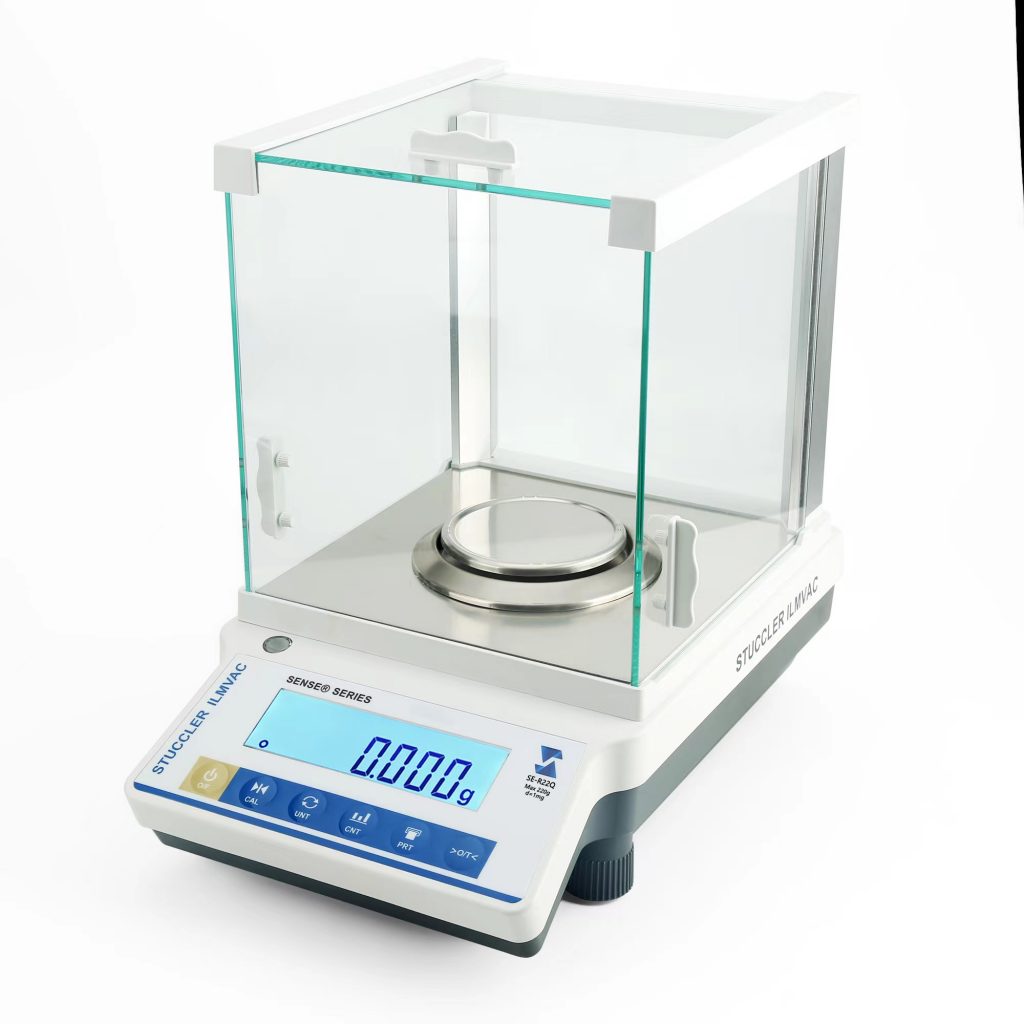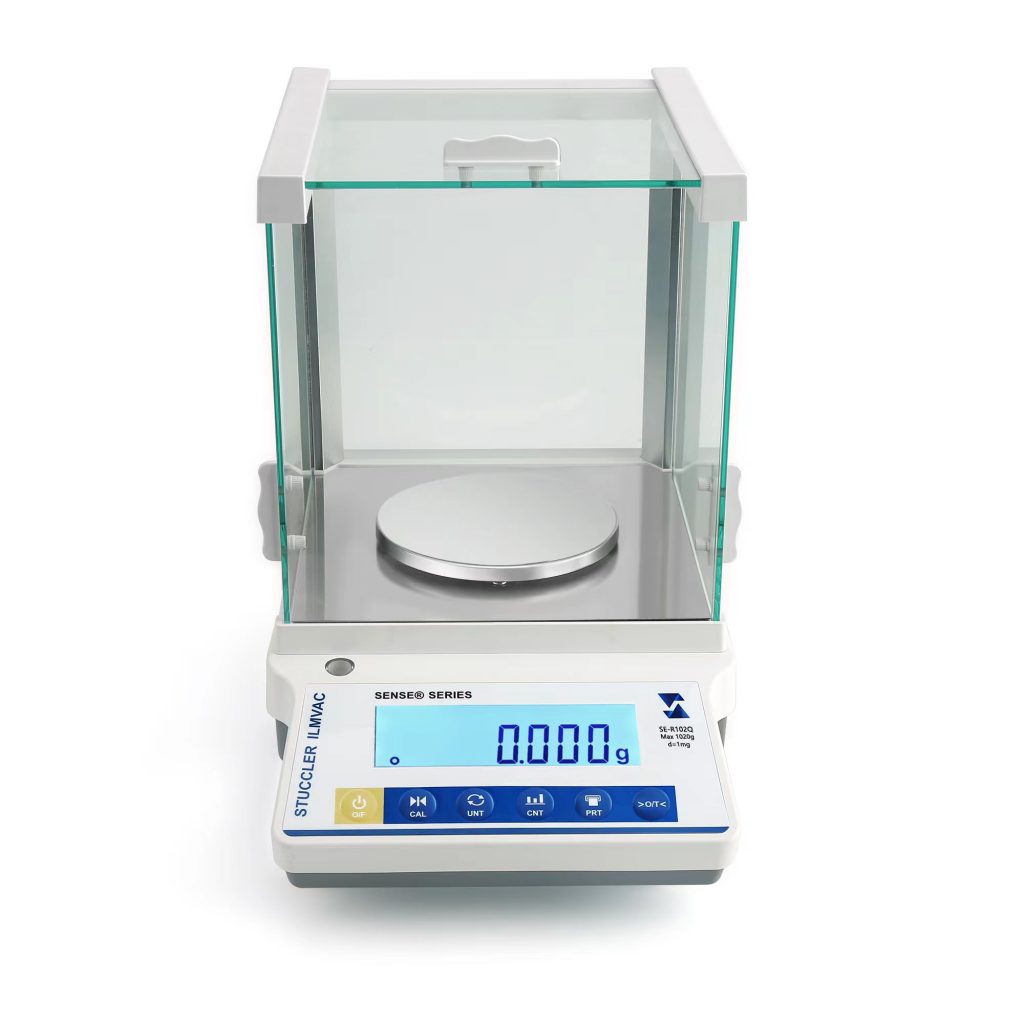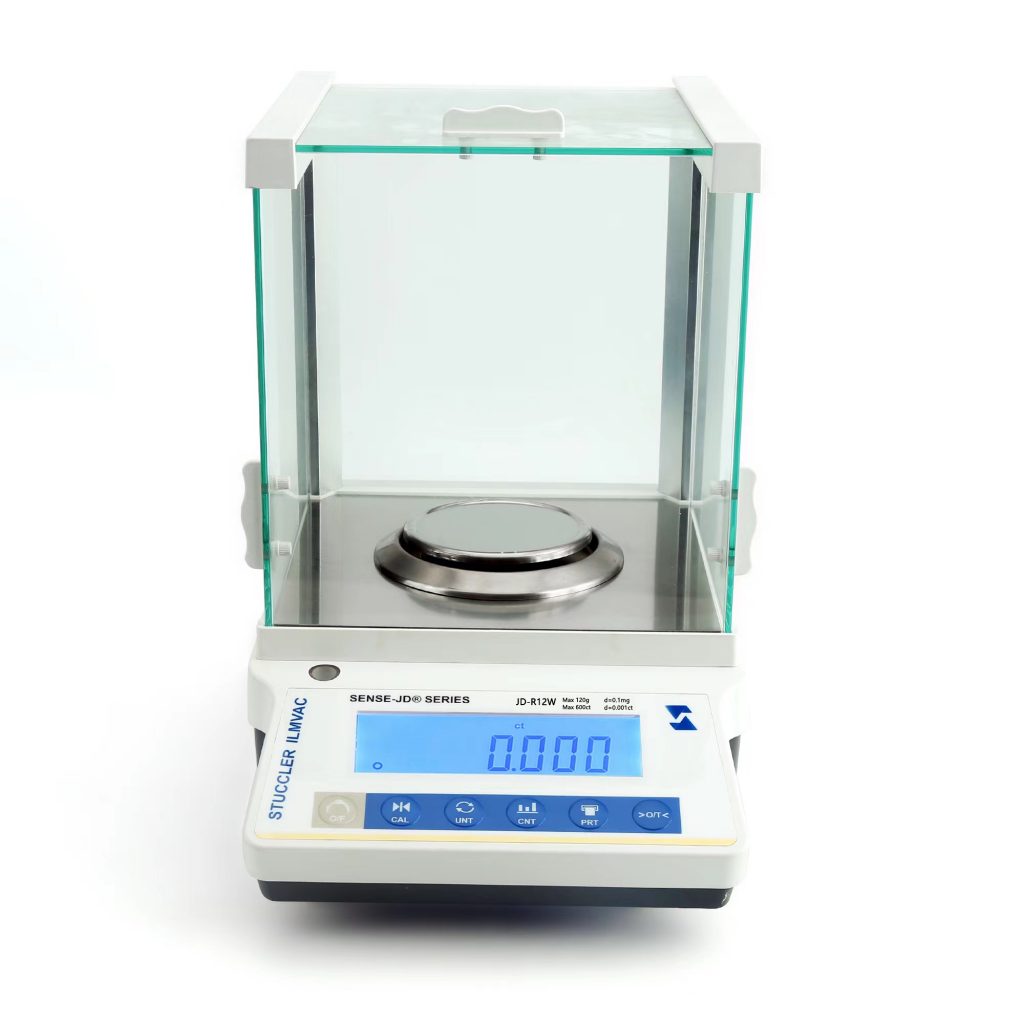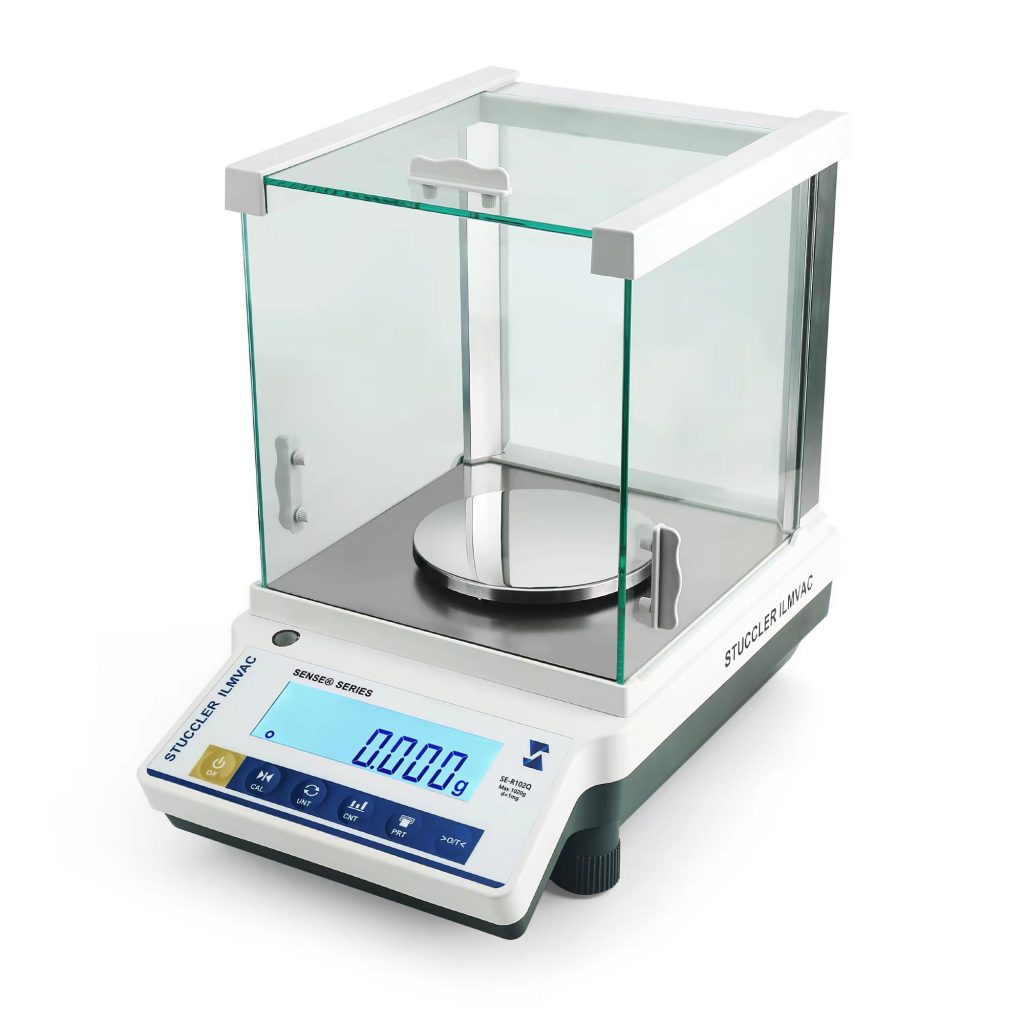What is a high precision scale?
A high precision weighing scale is a scale utilizing ultra-sensitive load cells, enabling a more accurate weight reading.
What is a high precision balance used for?
Precision balances are often used in the medical and pharmaceutical fields, where their higher readability and capacity is helpful for weighing test samples, equipment and chemicals, including blood packs medicines.
How do I know if my balance is accurate?
The balance linearity test measures the ability of the balance to accurately measure an added weight before and after a non- measured weight load has been placed on the balance. The procedure is as follows. 1. Use 2 weights, each of approximately one-half the weighing capacity of the instrument
Why do you need to calibrate a balance?
Properly calibrated balance gives accurate results and decreases probability of a weighing mistake which can cost extra time and money. It is safe to say, calibration is an investment that builds customer confidence. Using non-calibrated equipment can lead to production problems such as: unscheduled downtime.
What are precision scales used for?
Precision balances are often used in the medical and pharmaceutical fields, where their higher readability and capacity is helpful for weighing test samples, equipment and chemicals, including blood packs medicines.
What is the difference between analytical and precision balance?
Precision balances usually have a higher capacity than analytical balances do and typically deliver results of 0.1g, 0.01g or 1mg. Analytical balances have finer readability, are much more sensitive to changes, and can detect smaller variations in mass.
How do you calibrate a balance?
Steps to calibrating an electronic balance
1. Turn on the electronic balance.
2. Ensure it is levelled and stable; and is placed away from any draughts.
3. Enter the balance into Calibration Mode (instructions for this will be found in the product manual). …
4. Select Span Calibration (as per the manufacturer instructions)











